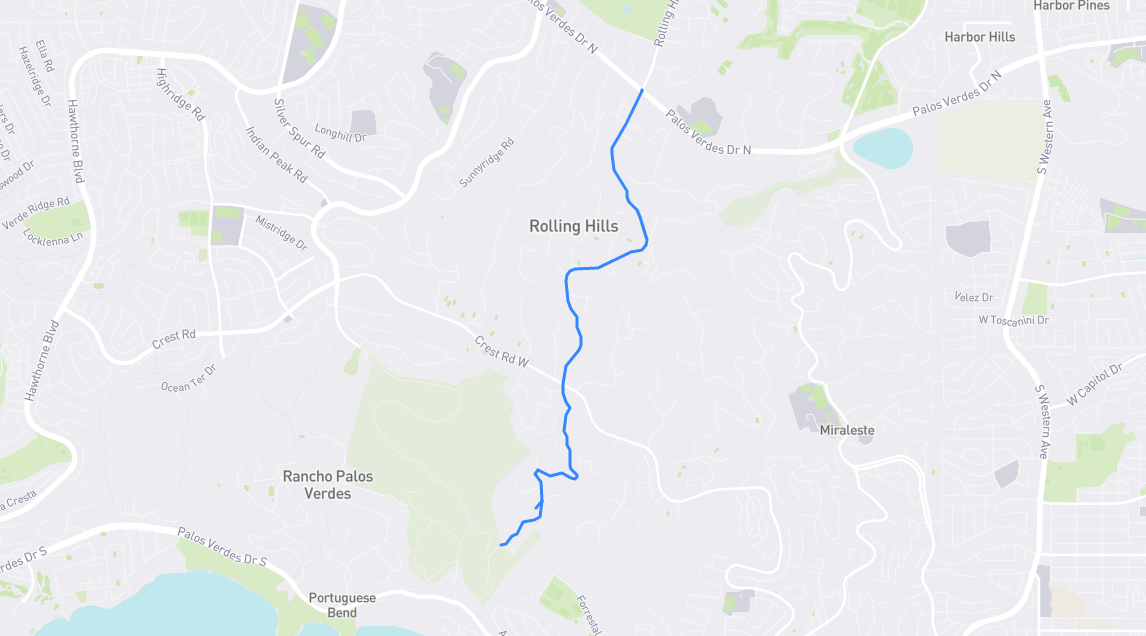People associate Portuguese Bend with exclusive private roads and natural beauty, but its name comes from the down and dirty: 19th century whalers. California’s whaling industry flourished from the 1850s to the 1870s, with whaling parties hunting grays and humpbacks up and down the coast and converting their blubber into lantern oil at rendering plants like Portuguese Bend, located on the Palos Verdes Peninsula and named by 1869. Although many local whalers were called “Portuguese”, they usually hailed from the Azores in the East Atlantic and were thus of mixed African and European ancestry. They often anglicized their names upon immigrating to the U.S.: for instance, pioneer whaler Joseph Clark was born José Machado. With petroleum emerging as a more profitable oil source, SoCal whaling ceased after 1885, but early attempts to convert Portuguese Bend into a harbor resort went nowhere. Then came the Vanderlips, who had the wherewithal to develop this land. In 1946, thirty-three years after his late father Frank bought the peninsula, Kelvin Vanderlip named Portuguese Bend Road on his Rolling Hills development.
Find it on the map:

